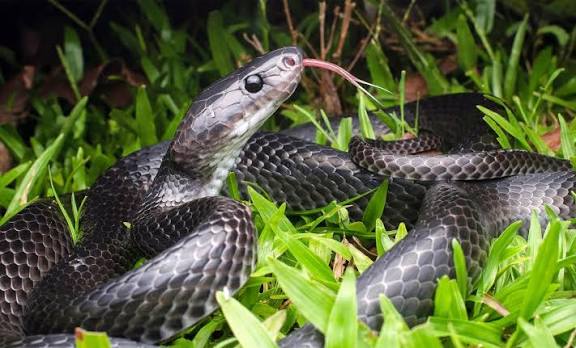A newly identified snake species from the remote Great Nicobar Islands is offering scientists a fresh look at the region’s hidden biodiversity.
A newly identified species of wolf snake has been confirmed from the Great Nicobar Islands, India, following years of uncertainty about its true identity. The snake was originally known from a single sighting on Great Nicobar Island, and for more than a decade it had been considered part of the widespread Lycodon subcinctus group.
Recent taxonomic studies suggested that the Nicobar population might represent an undescribed lineage, prompting researchers to re-examine earlier material and collect fresh specimens to resolve the mystery.
Researchers R. S. Naveen and S. R. Chandramouli of Pondicherry University, Zeeshan A. Mirza of the Max Planck Institute for Biology and Girish Choure of Pune published the formal description of the species in the open-access journal Evolutionary Systematics.
Their investigation combined newly collected material, a previously unstudied museum specimen, and molecular analyses to demonstrate that the Nicobar snake is genetically distinct. The results show clear separation from other members of the L. subcinctus complex, including a genetic divergence of 6 percent or more, a level that supports recognition as a separate species.
The researchers named the species Irwin’s wolf snake, or Lycodon irwini, in honor of the late Stephen Robert Irwin, the renowned Australian zookeeper, conservationist, television personality, and wildlife educator.
“His passion and dedication to wildlife education and conservation have inspired naturalists and conservationists worldwide, including the authors of the paper,” they write in their study.







